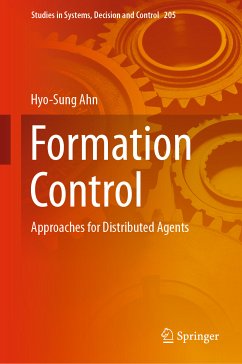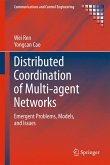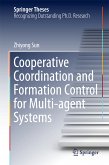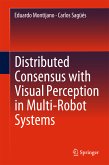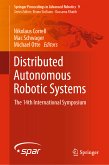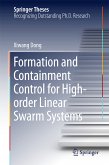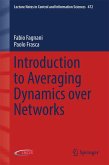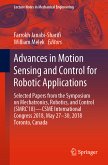Keeping pace with recent technological advancements in control, communications, sensing and computation that have begun to bring the applications of distributed-systems theory out of the industrial sphere and into that of day-to-day life, this monograph provides distributed control algorithms for a group of agents that may behave together. Unlike traditional control laws that usually require measurements with respect to a global coordinate frame and communications between a centralized operation center and agents, this book provides control laws that require only relative measurements and communications between agents without interaction with a centralized operator. Since the control algorithms presented in this book do not require any global sensing and any information exchanges with a centralized operation center, they can be realized in a fully distributed way, which significantly reduces the operation and implementation costs of a group of agents.
Formation Control will give both students and researchers interested in pursuing this field a good grounding on which to base their work.
Dieser Download kann aus rechtlichen Gründen nur mit Rechnungsadresse in A, B, BG, CY, CZ, D, DK, EW, E, FIN, F, GR, HR, H, IRL, I, LT, L, LR, M, NL, PL, P, R, S, SLO, SK ausgeliefert werden.

